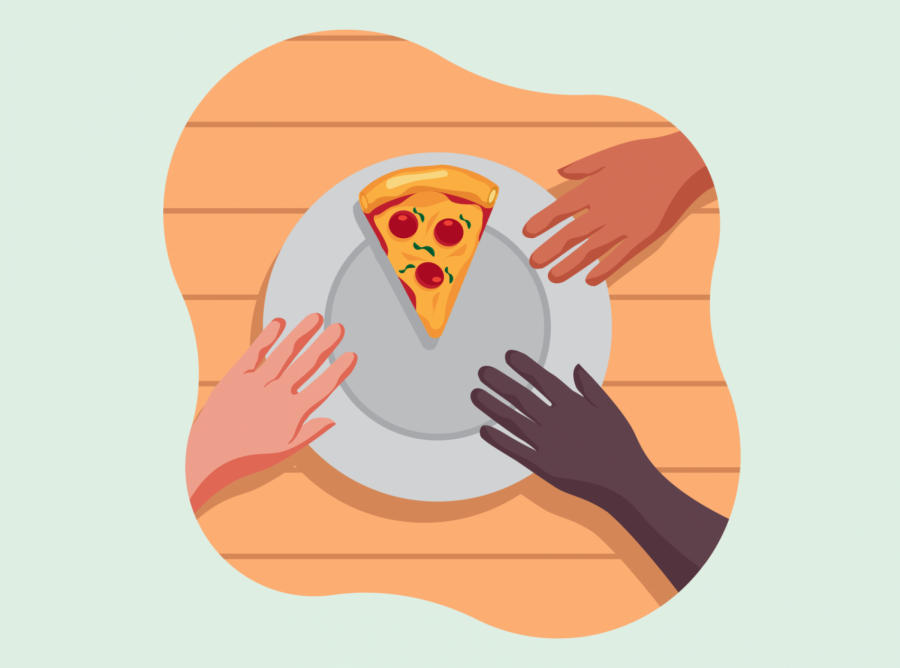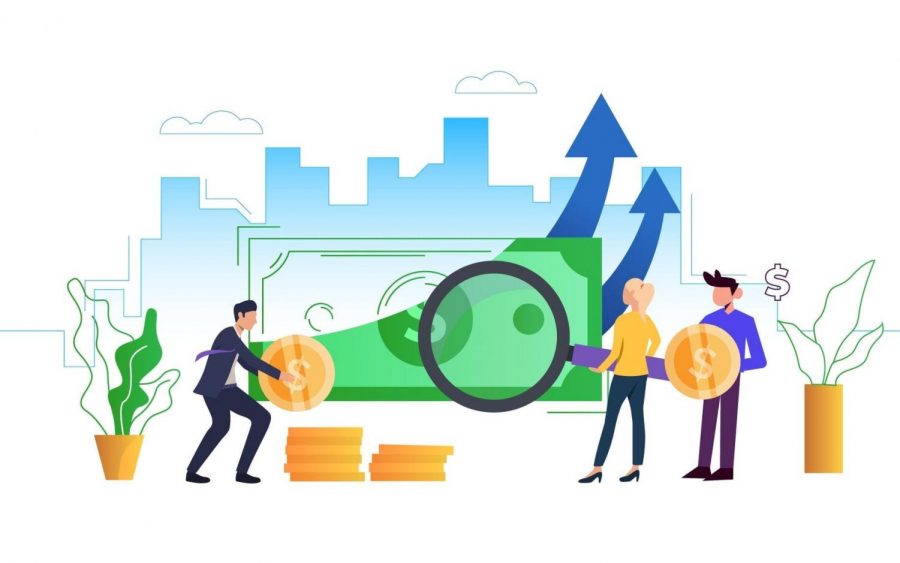Hey, there.
You clicked on this article, so I assume you want to read it. That’s a choice you made. Yours, not mine. While this may seem simple and insignificant, it is explained by something that we see always and everywhere: scarcity.
Scarcity is the most important concept in economics. Wait, what about money though? Isn’t the economy about money? We will get to it later in this article, but to know why we deal with money in the first place, we have to understand scarcity.
Scarcity is the idea that there is not enough of anything, and that humans always want more and more of something. That’s the reason you decided to read this article.
Whether it is because of the knowledge you want to get, your excitement, or your familiarity with Finance OneforOne, you want more and more of that thing. This is why you are still reading this – to get what you intended from your choice.
How is this related to economics though? How does this connect to what you know about the economy (money, for example)?
Think about this: There is not enough money in the economy, so you (and/or your parents) have to work for it. Would you work for money if you could have it without effort? No, you wouldn’t.
We have to work for money because the stuff we buy costs money. They cost money because they are limited, too. There is a price attached to everything we do, and most of it depends on how scarce (hence how valuable) that thing is.
After all, this one question remains: Why should you care? The answer is because this affects every aspect of your life, and by realizing this, you can make more rational choices.
Take the concept of time, for example. Time is a resource, meaning that it is something that we use to do other things. So you use time to do stuff.
Right now, you are using your time to read an okay attempt at economics journalism, but you use it for a lot of other relevant stuff, like going out with your friends, doing homework, and playing sports.
Here is where scarcity comes in. You can’t do all of these in, say, an hour of free time. You absolutely may want to, but practically can’t.
So what do you do instead? You make the best choice based on its benefits (advantages) and costs (disadvantages).
Which choice of the three options listed – going out, doing homework, or playing sports – gives you the most benefit and the least cost? Well, that’s up for you to decide, but remember that you are giving up something (in this case two things) in order to do what you choose.
These options you give up are called trade-offs. Most of the trade-offs you make will be subconscious (such as still reading this article on something you do every day), so you shouldn’t be stressed about them.
The next time you pick between a bagel and Cocoa Puffs at snack, or when you have to pick between AP Econ and AP Gov in March (juniors, mark the date!), you know no matter what option you choose, it is because you thought that nothing else at that present moment was a better option.
You should’ve stuck with the muffin, anyway.








